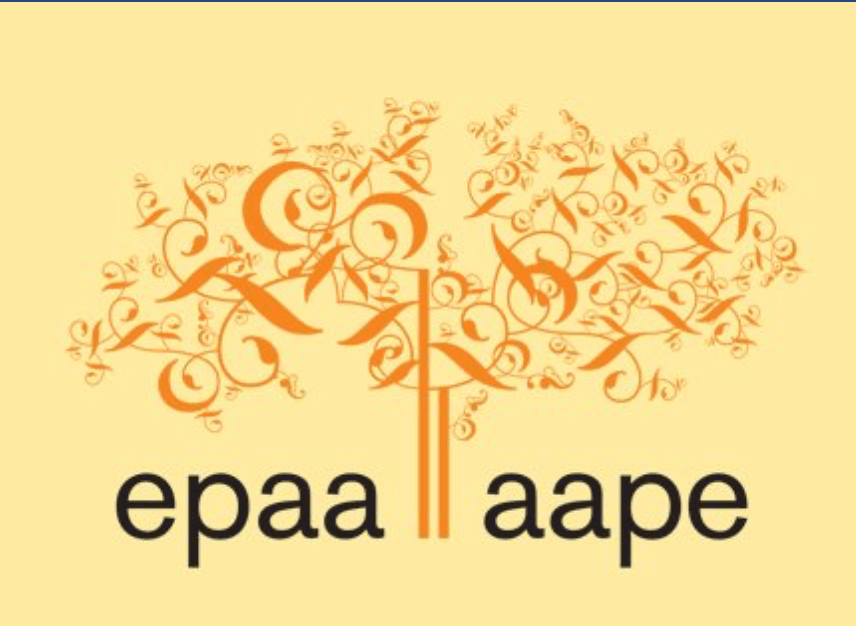What is community-based accountability? In 2012, I first conceptualized community-based accountability in the post Accountability: Are you ready for a new idea? Over the past several years, California has undertaken this new approach for its more than 4 million students (See all posts on community-based accountability).
Local control has been a bedrock principle of public schooling in America since inception. In 2013, the California Legislature codified a new local accountability approach for school finance. An important component of the new California Local Control Funding Formula (LCFF) approach is a focus on English learners (ELs). The law mandates that every school district produce a Local Control Accountability Plan (LCAP) to engage the local community in defining outcomes and determining funding for ELs.
This week Education Policy Analysis Archives (EPAA) just published a special issue, Education Finance and English Language Learners: Examining Challenges and Opportunities to Improve Education Policy and Practice, guest edited by Oscar Jiménez-Castellanos. EPAA/AAPE is a peer-reviewed, open-access, international, multilingual, and multidisciplinary journal designed for researchers, practitioners, policy makers, and development analysts concerned with education policies.
In this issue I published a new study seeking understand the impact of the new local accountability approach on English Learners with Lisa Romero (California State Sacramento) and Megan Hopkins (University of California San Diego). Based on an exploratory analysis of a representative sample of LCAPs, we show that, although California’s new approach offered an opportunity to support locally-defined priorities and alternatives to top-down accountability, few if any districts had yet took full advantage of the opportunity. That is, the school districts in our sample had not yet engaged with the local community to facilitate significant changes to accountability or redistribution of funding and resources to support educational equity for ELs.
You can read our entire article online here: Vasquez Heilig, J., Romero, L. & Hopkins, M. (2017). Coign of vantage and action: Considering California’ local accountability and school finance plans for English learners, Education Policy Analysis Archives, 25(15), 1-24.*
Please also check out the other articles in the EPAA issue Education Finance and English Language Learners: Examining Challenges and Opportunities to Improve Education Policy and Practice below…
English Language Learner education finance scholarship: An introduction to the special issue Oscar Jiménez-Castellanos
Equity and efficiency of Minnesota educational expenditures with a focus on English learners, 2003-2011: A retrospective look in a time of accountability Nicola A. Alexander, Sung Tae Jang
The politics of schools and money: Building awareness about channeling practices for supplemental resource allocations to serve English language learners Irina Okhremtchouk
State and institutional policies on in-state resident tuition and financial aid for undocumented students: Examining constraints and opportunities Gabriel R. Serna, Joshua M. Cohen, David H. K. Nguyen
Check out and follow my YouTube channel here.
Please Facebook Like, Tweet, etc below and/or reblog to share this discussion with others.
Want to know about Cloaking Inequity’s freshly pressed conversations about educational policy? Click the “Follow blog by email” button on the home page.
Twitter: @ProfessorJVH
Click here for Vitae.
Thank you for reading Cloaking Inequity.

It’s the same in Texas with the campus advisory council. Thank you I look forward to reading the issue and sharing it with Dr. Emily Wolk Santa Anna USD. She had me do a quantitative prospectus and I wanted to look into the LCAP. I cited your earlier pubs on the subject. Thank you for your earnest efforts to create meaningful scholarship, now we have to actually apply the lessons.
LikeLike
Doctor, it is my belief that a more involved community, more specifically, a change in the mindset of families that responsibility for education is a shared responsibility with the teachers is critical to benefitting from these funds. A home environment conducive to learning and an involved parent is critical to academic success. This combined with funding would yield the greatest benefit. It would not only help ESL but all students prosper. The apathetic response to this fund availability may indicate that these communities hold the schools completely accountable for education.
LikeLike